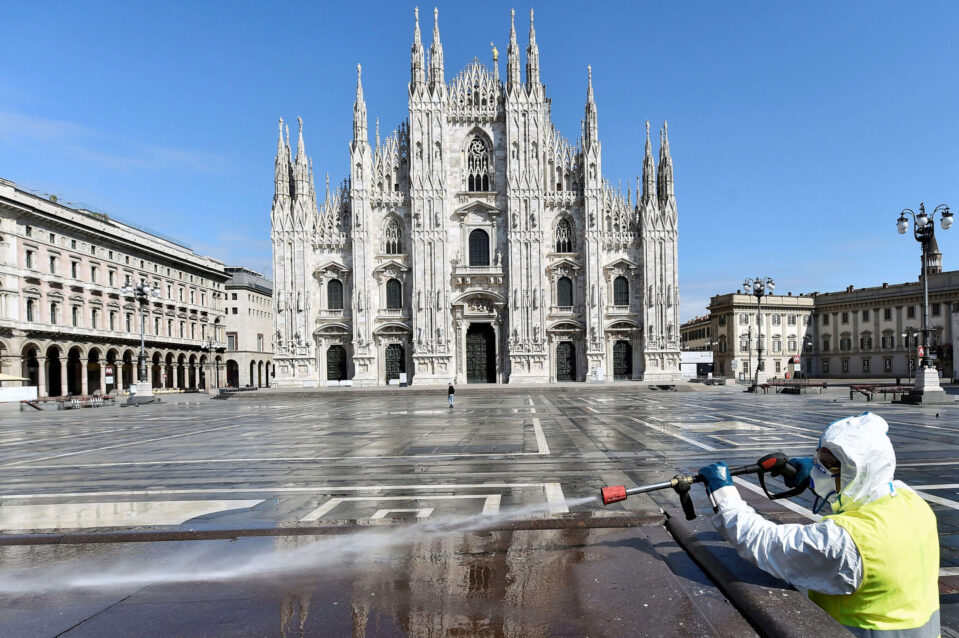Collaborative consumption, once an idealist niche for hitchhikers and backpackers, has grown into a multi-billion-dollar industry thanks to the economic, social and technological changes of the past decade. Millennials, the drivers of a new consumer era are continuing to influence the buying habits of other generations with their enthusiasm for the Internet, online shopping and social media, driving new trends such as a major shift towards access of goods over ownership of them. The visitor industry is the sector most affected by the meteoric growth of sharing and collaborative consumption otherwise known as the sharing economy.
Tourism plays a significant part in Australia’s economy, contributing 3.2% to GDP and 4.9% to employment in 2016-17. Pre-COVID-19, the traditional part of the market was growing in both occupancy and supply terms, and short-term private rentals like Airbnb was increasing demand and representing a modest component of the overall sector.
It is expected that in the post-COVID-19 economy, competition for visitors’ dollars will likely be slow yet gradually intensify. The international travel restrictions will continue to linger to avoid importing new COVID-19 cases and restricting outward travel will mean encouraging local tourism as a substitute. Domestic travel and tourism will continue to substitute foreign tourism demand for the medium term.
A move toward private short term rentals over hotels is expected to occur as accomodations perceived as cleaner and more isolated will likely find greater favour with holidaymakers. This means a big increase in the bookings of private homes over less crowded experiences such as hotels.
Short term rentals using IoT (Internet of Things) technology such as installing automatic locks that can be opened via an app using smart contracts, and arranging for contactless food deliveries to guest units are expected to continue to trend in the visitor economy space. Robust public health strategies using tech innovation such as contact tracing will continue to play a key role in monitoring location of foreign visitors.
